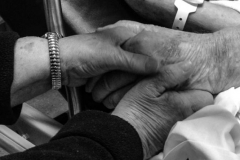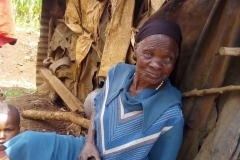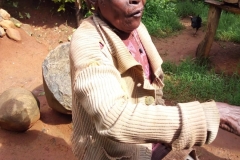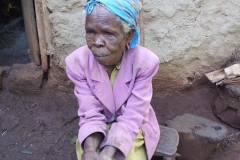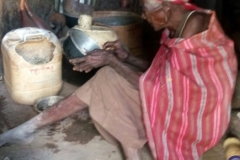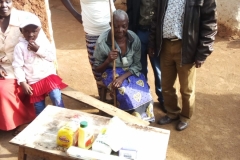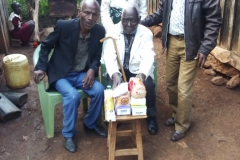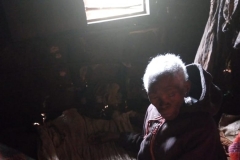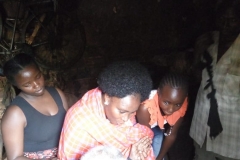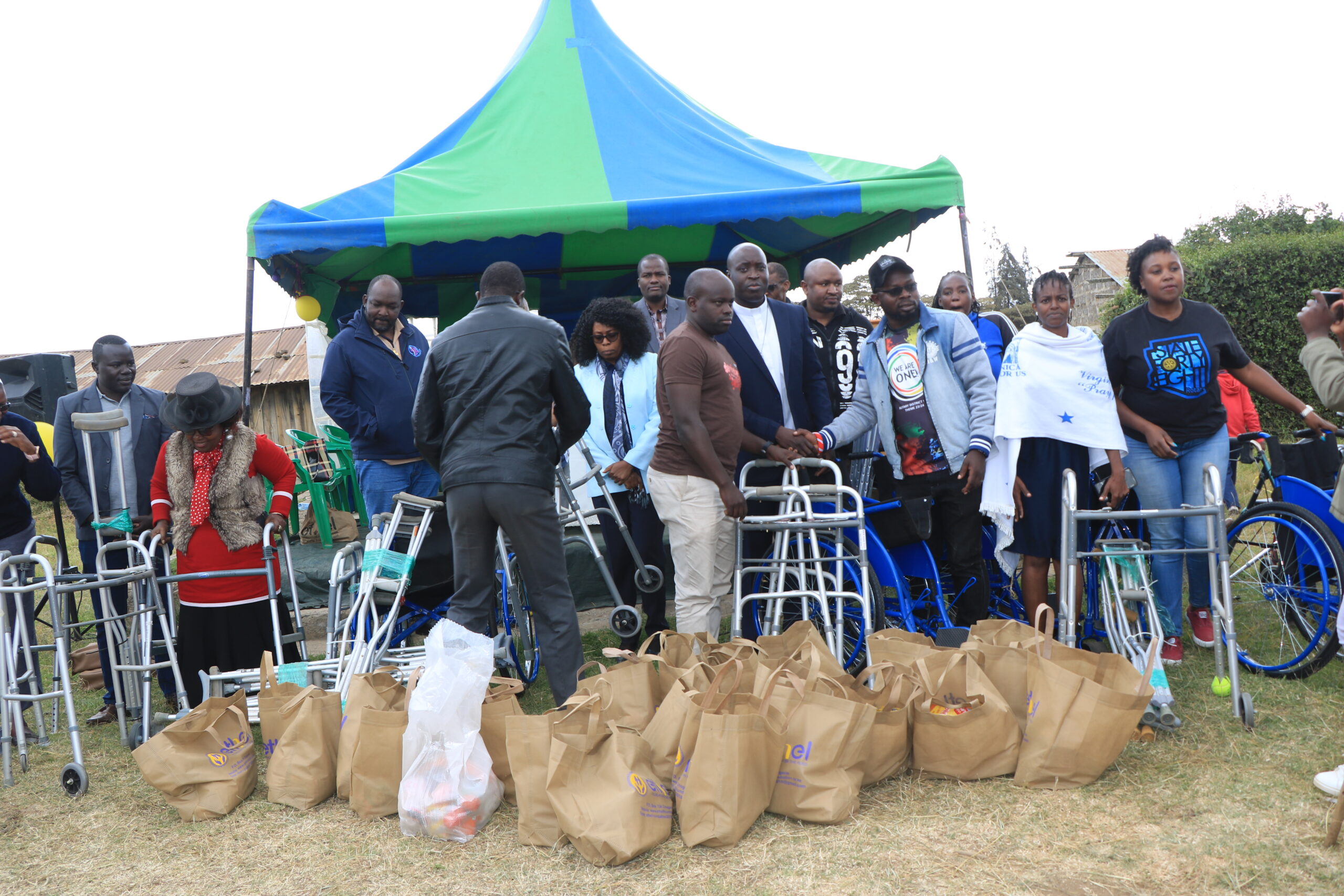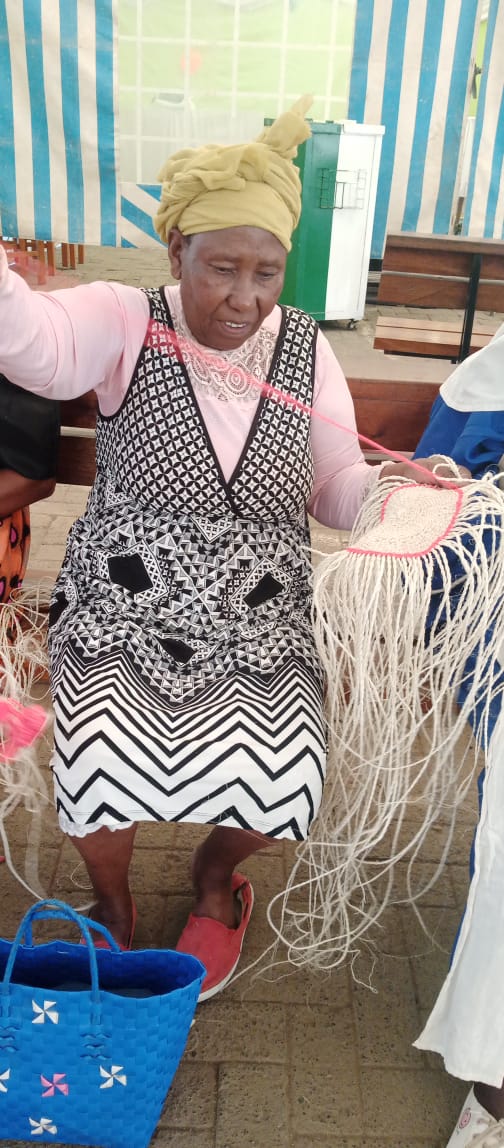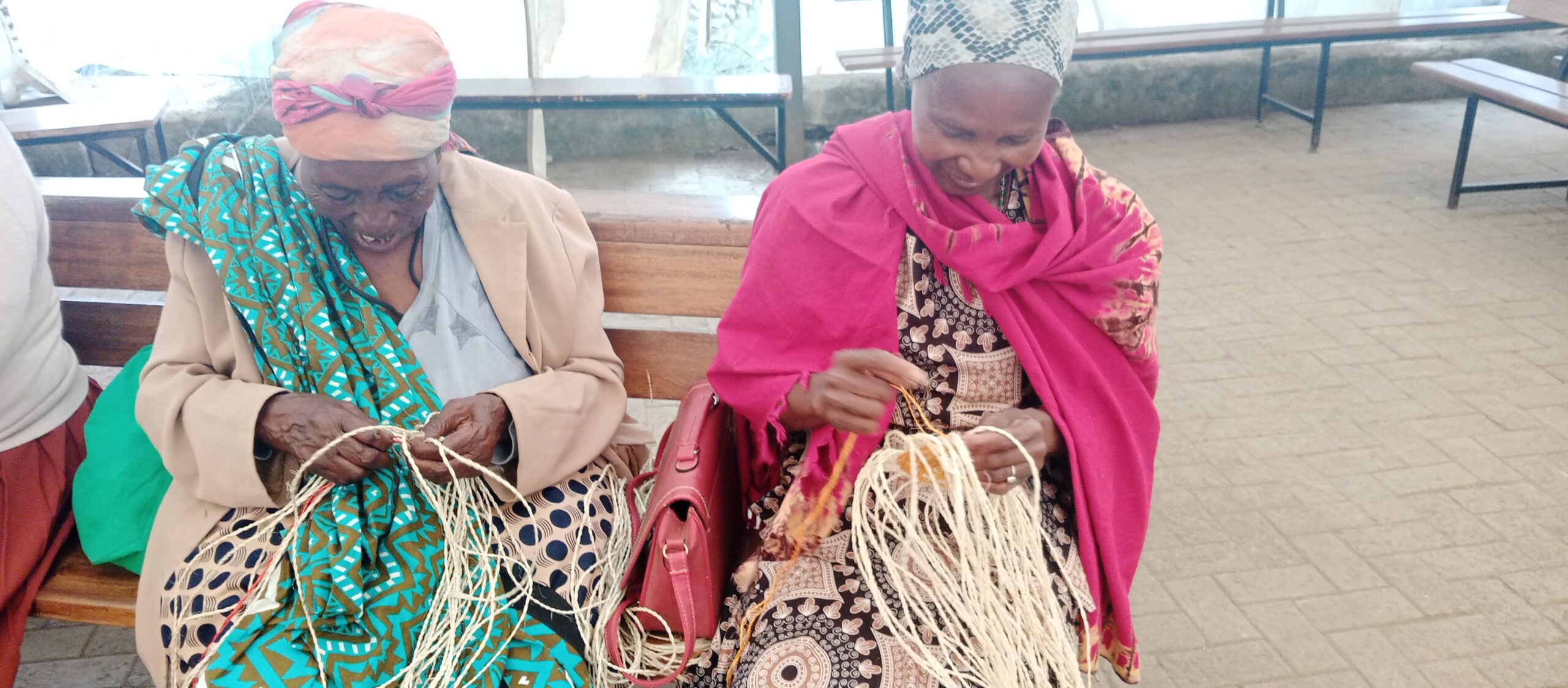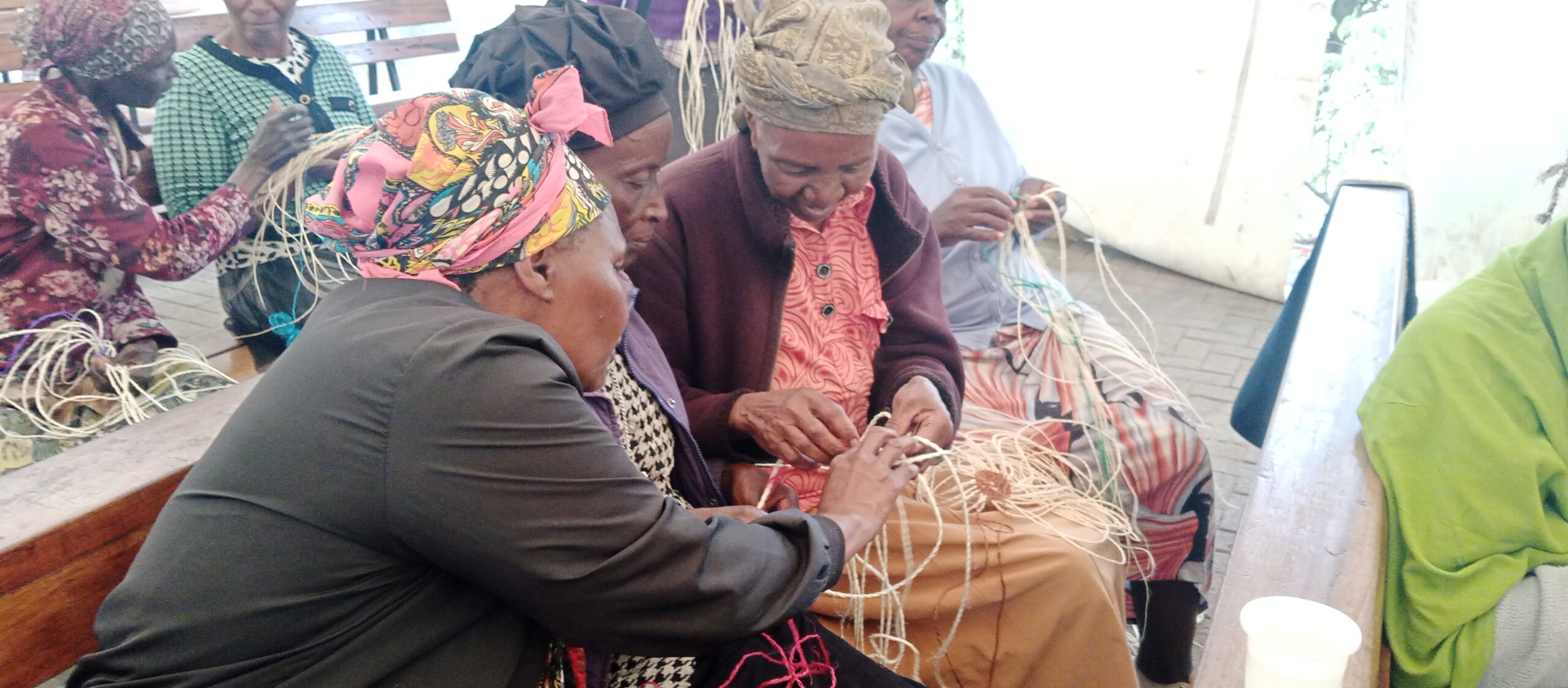Caring for Vulnerable Elderly
Caring for Vulnerable Elderly: A Guide to Compassionate Support
Caring for vulnerable elderly individuals is a profound responsibility that requires a unique blend of empathy and practicality. These seniors often face physical or cognitive challenges that make them more susceptible to various health and social issues. It is essential to approach their care with sensitivity and respect for their dignity.
Ensuring the safety of vulnerable elderly individuals is paramount. Regular assessments of their living environment should be conducted to identify and address potential hazards. Medication management is crucial; caregivers should assist in organizing and administering medications to guarantee they receive the right doses at the right times. Moreover, encouraging appropriate physical activity, social interaction, and cognitive stimulation is essential to maintain their overall well-being. By taking care of their physical, mental, and emotional needs, we can enhance their quality of life.
Caring for vulnerable seniors can be emotionally and physically demanding. It’s vital for caregivers to prioritize self-care and seek respite when needed to prevent burnout. Additionally, professional assistance, such as healthcare providers, social workers, or in-home caregivers, should be considered when the individual’s needs surpass the caregiver’s capabilities. By maintaining a balance between caring for the elderly and taking care of oneself, caregivers can provide the best possible support and ensure that these vulnerable individuals are well-cared for in their later years.


